Posted on 12/20/2024
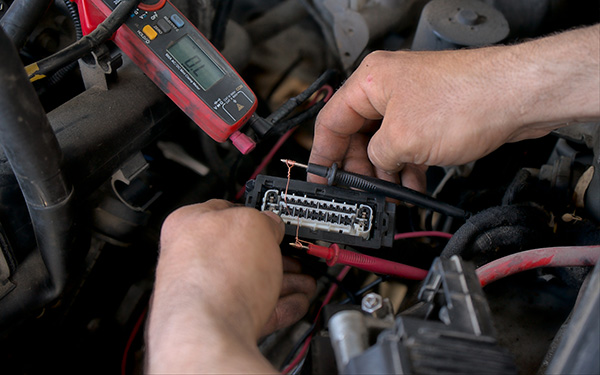
Modern vehicles are marvels of technology, packed with intricate electrical systems that make driving more convenient, efficient, and safe. From headlights to power windows, these systems work hard behind the scenes. But as essential as they are, electrical problems can disrupt your car’s performance in unexpected ways. Wondering what could be causing your car’s strange behavior? Let’s look at drivers' most common electrical issues and what to do about them. Dead or Weak Battery One of the most frequent culprits behind electrical issues is the car battery. If your vehicle refuses to start or the electrical components seem sluggish, your battery might be running low on power. Over time, all batteries wear out, and extreme weather—whether hot or cold—can accelerate the process. Corroded terminals or loose connections can also prevent the battery from delivering sufficient power to your car’s systems. If jump-starting becomes a re ... read more
Posted on 11/29/2024
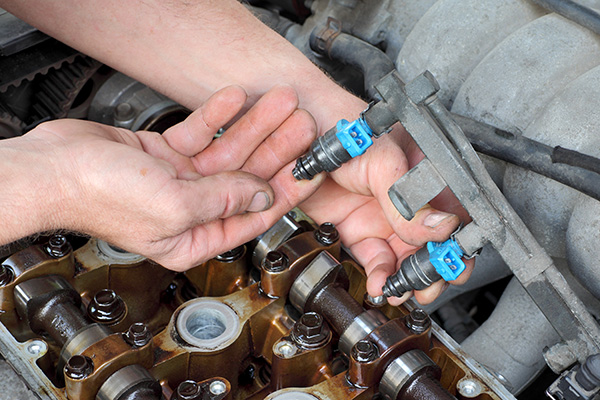
Your car’s fuel system ensures overall performance, power, and fuel efficiency. Without regular attention to the fuel system, you could find yourself dealing with costly repairs, reduced efficiency, or even engine failure. So, how can you keep your fuel system in top shape? From maintaining a clean fuel filter to using quality fuel additives, let’s see what it takes to extend the life of your car’s fuel system and ensure a worry-free drive. Why Is Fuel System Maintenance Important The fuel system works by delivering gasoline from the tank to the engine, where it’s burned to power the car. Over time, dirt, debris, and residue from the fuel itself can clog various components in the system, leading to performance issues. This buildup can cause the engine to work harder than it needs to, reducing both your car’s power and fuel efficiency. Regular maintenance keeps these problems at bay, leading to a healthier engine, better fuel economy, and ... read more
Posted on 10/31/2024
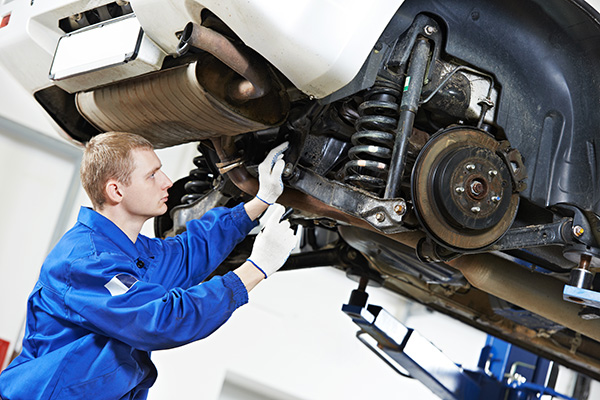
Your car’s suspension system plays a crucial role in ensuring a smooth, controlled ride, helping your tires maintain contact with the road and absorbing the shocks from bumps and rough terrain. However, the suspension can wear out over time, and when that happens, it can lead to uncomfortable rides, handling issues, and even safety risks. So, how can you tell if your car’s suspension is in need of repair? 1. Excessive Bouncing and Rough Rides Have you noticed that every little bump in the road feels like a jolt or that your car is bouncing more than usual after hitting a speed bump? This is one of the most common signs that your suspension may be in trouble. When the shocks or struts are worn, they can’t effectively absorb the impact, leading to a rougher, less stable ride. If you find yourself feeling every dip in the road, your suspension likely needs to be checked. A simple test you can try at home is the "bounce test." Push down on th ... read more
Posted on 9/27/2024
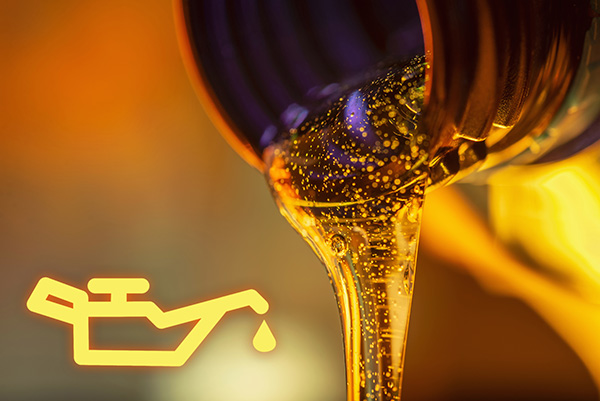
When it comes to maintaining your vehicle’s engine, one task stands out as absolutely critical - changing the oil. While it may seem like a minor aspect of car maintenance, regularly changing your engine oil is key to keeping your engine running and preventing costly damage down the road. So, why are regular oil changes necessary for your engine’s health? Let’s dive into how engine oil works and its role in keeping your vehicle functioning at its best. Lubrication Like any other mechanical system with moving parts, the engine requires proper lubrication to function. Engine oil ensures that the hundreds of moving components within your engine are properly lubricated, reducing friction and preventing wear and tear. Without adequate lubrication, metal parts within the engine rub against each other, generating excess heat and causing significant damage over time. Regular oil changes help prevent this from happening by ensuring that your engine always h ... read more
Posted on 8/30/2024
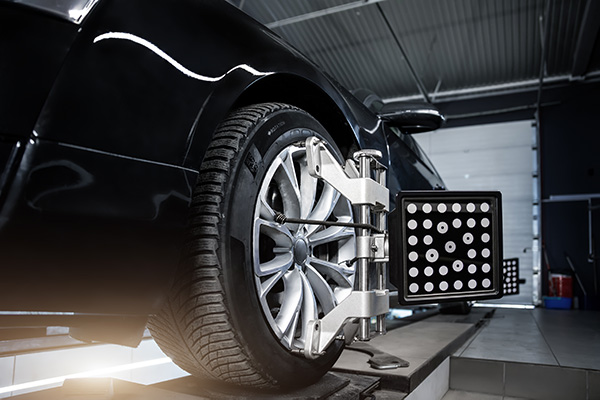
When was the last time you thought about your car's wheel alignment? If it's been a while, you might want to prioritize it during your next maintenance visit. Wheel alignment is crucial for the overall health of your vehicle and can significantly impact your driving experience. So, why should you focus on wheel alignment? Car's Wheel Alignment First things first, what exactly is wheel alignment? Simply put, it refers to adjusting the angles of the wheels so that they are set to the car manufacturer's specifications. Proper alignment involves aligning the wheels and axles to make sure that they are moving in the same direction. Misalignment can occur due to various reasons, including hitting a curb, driving over potholes, or general wear and tear. Improved Fuel Efficiency Did you know that improper wheel alignment can lead to reduced fuel effi ... read more
Posted on 7/26/2024
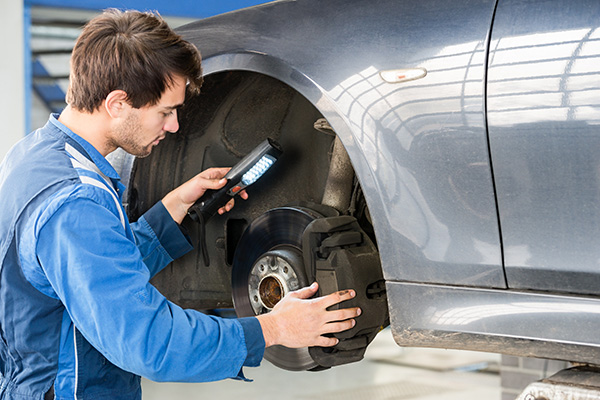
Driving is an everyday necessity for many of us, and ensuring our vehicle's safety is paramount. Among the most critical components of your car are the brakes. They are your first line of defense against accidents. So, how can you tell when your brakes need immediate attention? Ignoring the warning signs can lead to dangerous situations and costly repairs. 1. Squeaking or Squealing Noises Have you ever heard a high-pitched squeal when you apply your brakes? This sound is a common indicator that your brake pads are wearing thin. Many brake pads come with built-in wear indicators that emit a squeaking noise to alert you that it's time for a replacement. Ignoring this sound can lead to the pads wearing down completely, resulting in metal-on-metal contact, which is much more expensive to fix. When you hear this noise, it's best not to delay. Schedule a brake inspection as soon as possible. If caught early, you may only need to replace the brake pads. Delayin ... read more
Posted on 6/28/2024
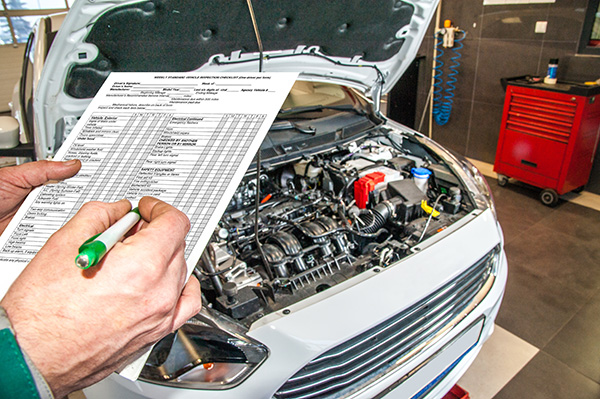
Ever wondered why your car's maintenance schedule includes milestones like 30k, 60k, and 90k miles? These numbers aren't arbitrary; they signify crucial service intervals designed to keep your vehicle running smoothly and efficiently. Regular maintenance at these intervals can prevent major breakdowns and save you money in the long run. At Precision Import Repair, we understand the importance of these services and are here to explain why they matter and what they typically include. Understanding 30k, 60k, and 90k Services The Basics of Scheduled Maintenance Scheduled maintenance is a proactive approach to car care. By adhering to the manufacturer's recommended service intervals, you ensure that all the critical components of your vehicle are inspected, serviced, and replaced if necessary. This regular upkeep helps maintain optimal performance, safety, and reliability. The 30k, 60k, and 90k services are comprehensive checkups designed to ... read more
Posted on 5/27/2024

Are you tired of dealing with engine overheating issues that can leave you stranded on the side of the road? Keeping your engine cool is essential for optimal performance and longevity. We'll explain how proper cooling system maintenance can help you prevent engine overheating and ensure smooth travel. Why Engines Overheat Before discussing preventive measures, we must understand why engines overheat. Overheating occurs when the engine's cooling system fails to regulate its temperature effectively. Factors such as low coolant levels, coolant leaks, malfunctioning thermostats, or a faulty water pump can contribute to overheating. Ignoring these issues can lead to severe damage to your engine and costly repairs. The Importance of Cooling System Maintenance Maintaining your vehicle's cooling system is paramount to prevent engine overheating. Regular inspection and upkeep of cooling system components can help identify potential issues befor ... read more
Posted on 4/27/2024
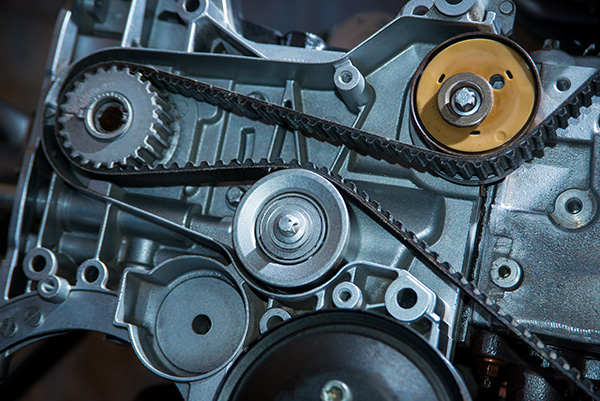
Certain components often take center stage in automotive maintenance, and the timing belt is undoubtedly one of them. But what exactly is a timing belt, and why is it so crucial for the smooth operation of your vehicle's engine? What is a Timing Belt? A timing belt, also known as a cambelt or timing chain, is a crucial component of an internal combustion engine. Its primary function is to synchronize the rotation of the engine's crankshaft and camshaft(s), ensuring that the valves open and close at precisely the right times during the engine's operation. This synchronization is vital for the engine's proper functioning, as it allows for the precise intake of air and fuel and the expulsion of exhaust gasses. How Does a Timing Belt Work? To understand how a timing belt works, let's break it down into its basic components. The timing belt is a toothed rubber belt that wraps around the crankshaft and camshaft pulleys. As the cranksh ... read more